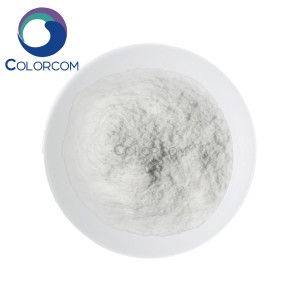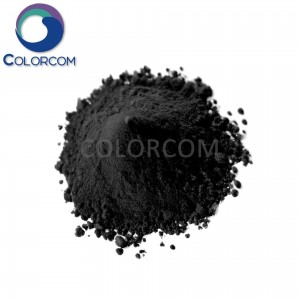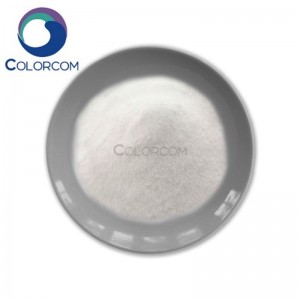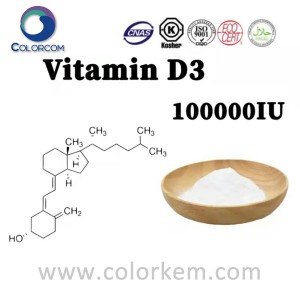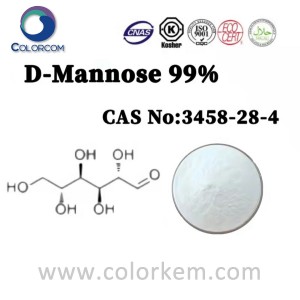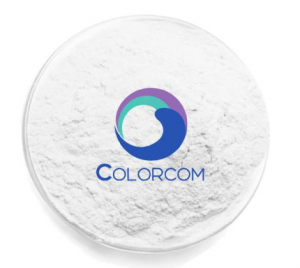Allulose | 551-68-8
Products Description
Compared with erythritol, allulose has differences in taste and solubility. First of all, the sweetness of psicose is about 70% of that of sucrose, and its flavor is highly similar to fructose. Compared with other sweeteners, psicose is closer to sucrose, and the difference from sucrose is almost imperceptible, Therefore, there is no need to mask the bad aftertaste by compounding, and it can be used independently. However, the difference in taste requires a specific analysis of the specific dosage of the specific product. Secondly, compared with the solubility of erythritol, which is easy to precipitate and crystallize, allulose is more suitable for use in frozen desserts (ice cream), candy, bakery and chocolate products. If it is compounded, allulose can counteract the cool taste and endothermic properties of erythritol, reduce its crystallinity, reduce the freezing point of frozen food, participate in Maillard reaction, and make baked goods produce good gold Brown shades. There is currently no limit to the amount of D-psicose added.
Advantages of allulose as a sweetener:
Due to its low sweetness, high solubility, extremely low calorie value and low blood sugar response, D-psicose can be used as the most ideal substitute for sucrose in food;
D-psicose can undergo Maillard reaction by combining with protein in food, thereby improving its gel properties and producing good chemical flavor;
Compared with D-glucose and D-fructose, D-psicose can produce higher anti-Maillard reaction products, thereby allowing food to maintain a higher level of antioxidant effect in long-term storage, effectively prolonging the period of time. the shelf life of the food;
Improve the emulsion stability, foaming performance and antioxidant activity of food
In 2012, 2014 and 2017, the US FDA designated D-psicose as a GRAS food;
In 2015, Mexico approved D-psicose as a non-nutritive sweetener for human food;
In 2015, Chile approved D-psicose as a human food ingredient;
In 2017, Colombia approved D-psicose as a human food ingredient;
In 2017, Costa Rica approved D-psicose as a human food ingredient;
In 2017, South Korea approved D-psicose as a "processed sugar product";
Singapore approves D-psicose as a human food ingredient in 2017
Specification
| Appearance | White powder |
| Smell | Sweet taste, no peculiar smell |
| Impurities | No visible impurities |
| D-Allulose content (dry basis) | ≥99.1% |
| Ignition residue | ≤0.02% |
| Loss on drying | ≤0.7% |
| Lead(Pb)mg/kg | <0.05 |
| Arsenic(AS) mg/kg | <0.010 |
| pH | 5.02 |



